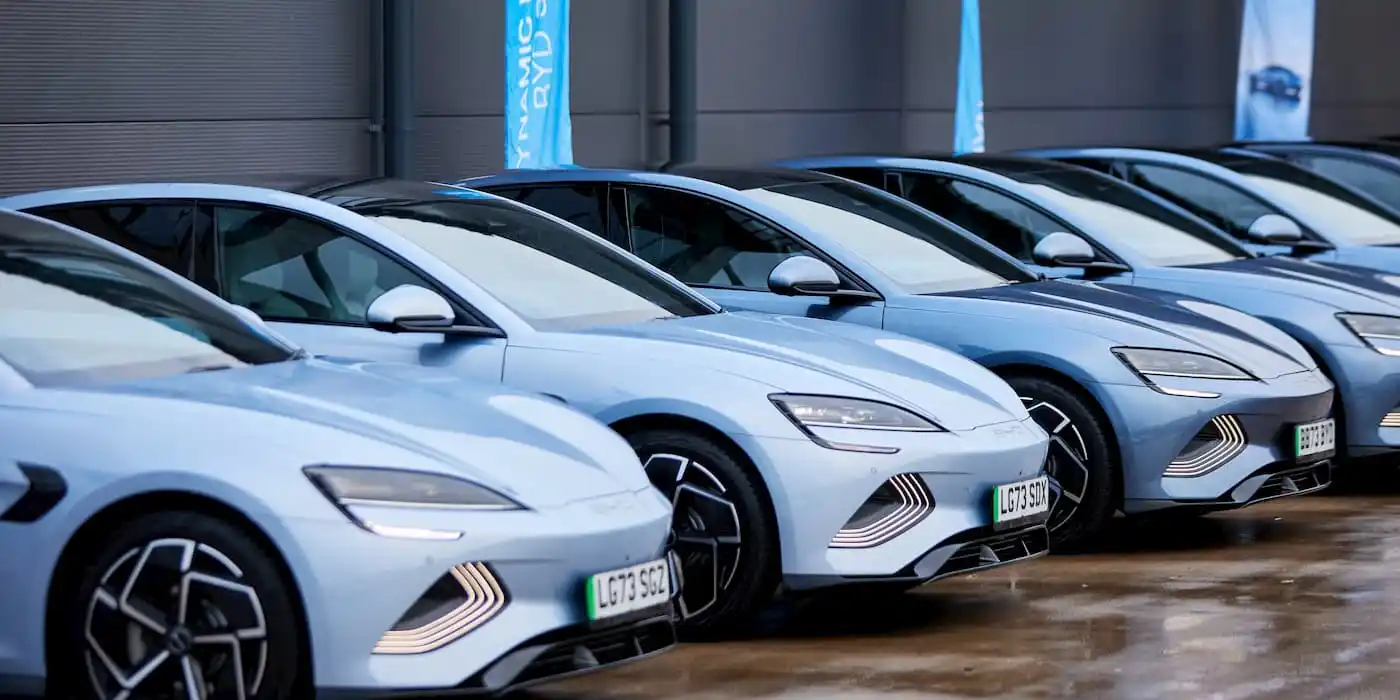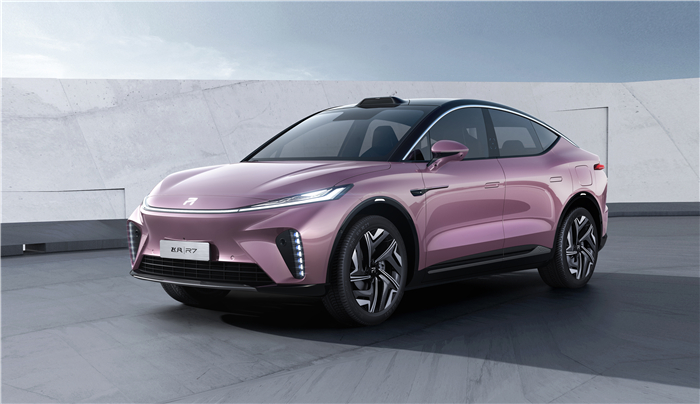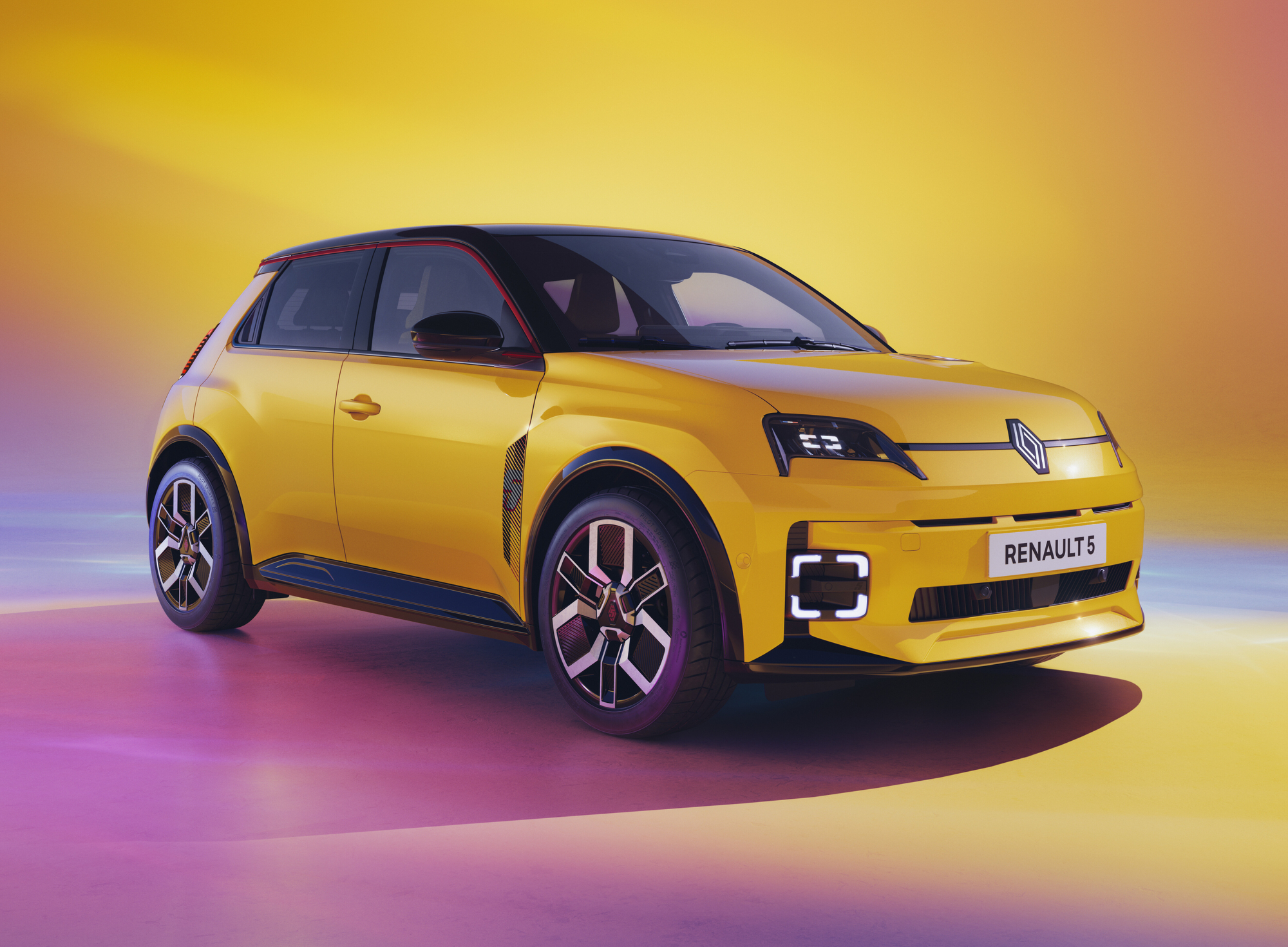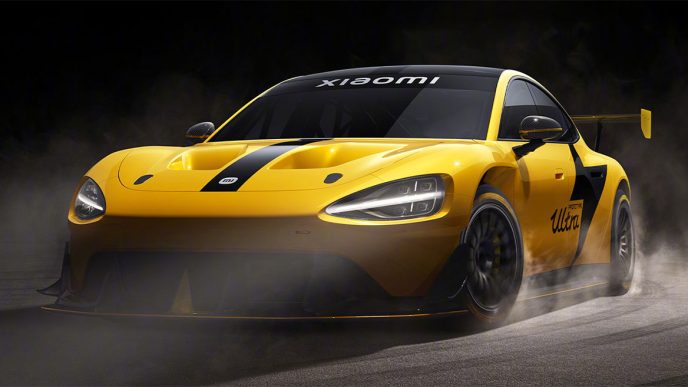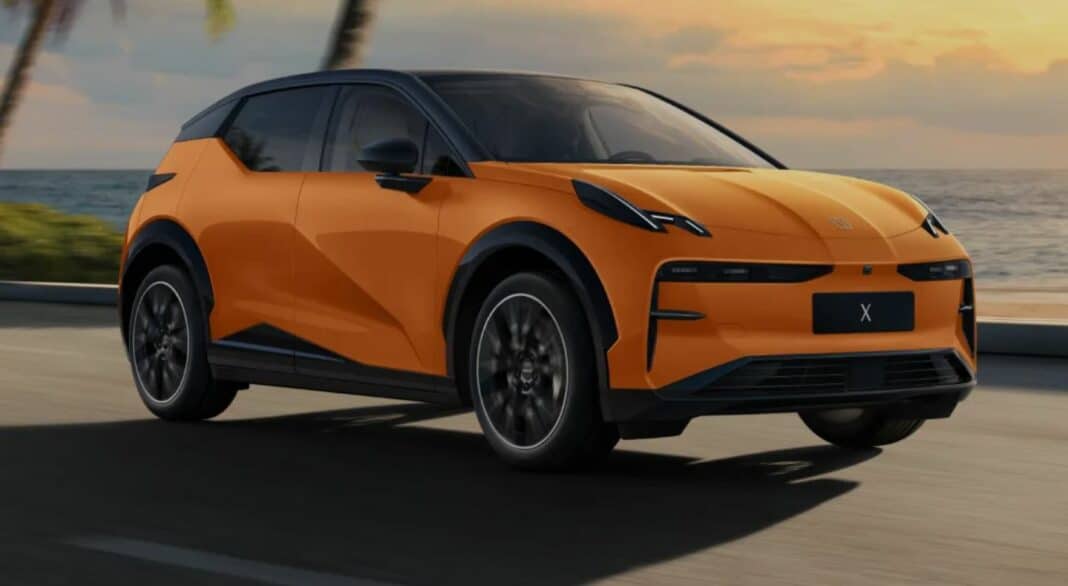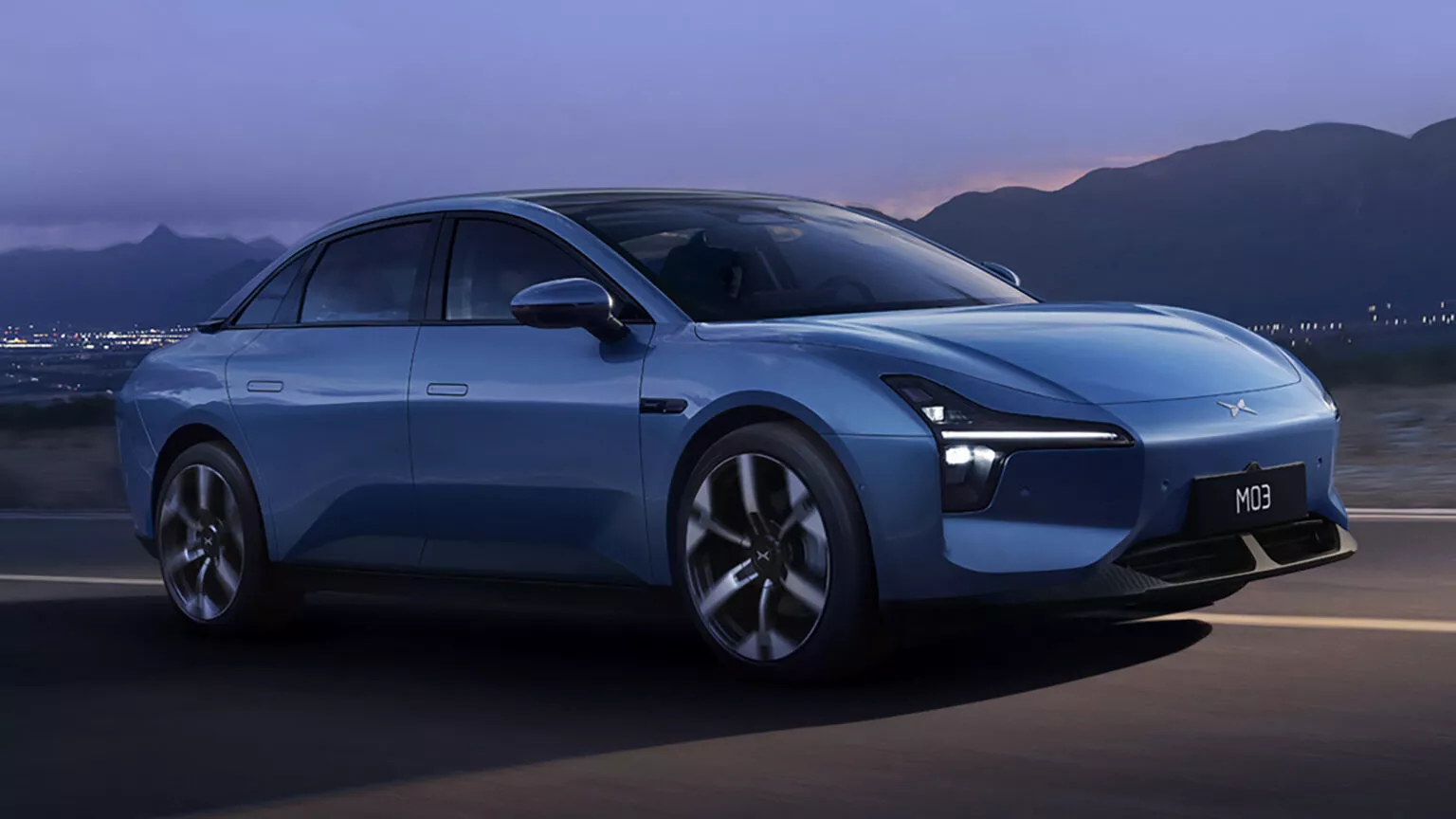The European Union will impose increased tariffs of up to 45.3% on Chinese-made electric vehicles (EVs), concluding an anti-subsidy investigation aimed at countering what it claims are unfair trade practices from Beijing. The new tariffs, formally announced in the EU’s Official Journal on Tuesday, will take effect Wednesday, ranging from 7.8% for Tesla to 35.3% for Chinese manufacturer SAIC, on top of the standard 10% car import duty.
The European Commission argued that the tariffs are necessary to address subsidies that allegedly give Chinese EVs a competitive edge, including preferential financing, land allocations, and discounted raw materials. The EU maintains that China’s surplus production of three million EVs per year — double the size of the EU market — has led to an influx of lower-cost vehicles in Europe. Given high tariffs in the United States and Canada, Europe has become the primary destination for these exports.
Beijing has strongly criticized the EU’s actions, labeling the tariffs as protectionist. The Chinese government has also launched its own investigations into European imports such as dairy, pork, and brandy products and has challenged the EU measures at the World Trade Organization.
European automakers, especially in Germany, are facing a surge in competitively priced Chinese EV imports. According to the Commission, Chinese EV brands now represent about 8% of the EU market, up from less than 1% in 2019, with projections suggesting this could rise to 15% by 2025. Chinese EV prices, the EU says, are generally 20% lower than their European-made counterparts, creating a challenging landscape for local manufacturers.
The EU’s stance on Chinese trade has grown more cautious over recent years, with the bloc describing China as both a partner and a competitor, yet member states remain divided on the issue. In a recent vote, 10 EU members supported the new tariffs, five voted against, and 12 abstained. Germany, the EU’s largest economy, opposed the tariffs, citing concerns about trade relations and calling for continued negotiations with China to defuse tensions. The German economy ministry highlighted the country’s dependence on open global markets, adding that heightened tariffs could impact German carmakers, particularly in the luxury segment.
France, meanwhile, has backed the tariffs, with the PFA, its automotive industry association, supporting the measures as a means to ensure fair competition. Hungarian Prime Minister Viktor Orban, however, cautioned that the EU could be headed toward an “economic cold war” with China.
The Commission has held multiple rounds of technical discussions with China, seeking alternatives to tariffs, including potential minimum price agreements for imported vehicles. However, significant obstacles remain, despite both parties agreeing to a new round of talks scheduled for later this month.
The potential effects of these tariffs on consumer prices remain uncertain. Some automakers might absorb part of the additional costs to remain competitive. China’s EV exports to Europe saw a 7% decline in the first nine months of 2024, but exports surged by over a third in August and September in anticipation of the tariffs, according to data from the China Passenger Car Association.

